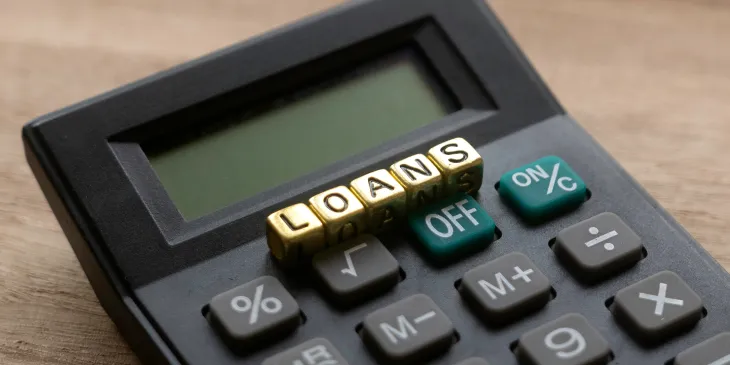
Buying a home is still a big part of the American dream and, for many, an important milestone in life. However, whether you’re a first-time home buyer or looking for your next home, knowing when to buy is key to getting the best rates. That’s especially important today with a hot housing market and rising interest rates. There are a few things you can do to maximize your chances of landing a good deal on your mortgage, which could save you thousands of dollars over the term of your home loan.
Check Your Credit Reports
Your credit history is one of the most critical factors in determining your eligibility for a mortgage and the interest rate your lender will offer. Nonetheless, determining your eligibility goes beyond your credit score.
Your credit score is important, though, and most lenders have requirements as to what the minimum acceptable credit score should be for a mortgage. Additionally, the minimum credit score and other criteria might differ if you opt for an FHA, USDA, or VA loan.
If your score is less than 600, you might still qualify for a home loan with some mortgage programs. However, you’ll likely pay a higher interest rate as well, and you might need to pay mortgage insurance on top of your mortgage payment. A better option is to increase your credit score and pay down or pay off any old debt lingering on your credit reports.
Look at your credit reports to see what outstanding debt there is. You’ll have three credit reports — one from each of the three major credit bureaus: Experian, Equifax, and Transunion. You can get a free copy of your credit report from all three credit bureaus yearly.
You’ll need each credit report because sometimes creditors and lenders report debts to one or two agencies, but not all three. Still, when your lender pulls your credit report to determine your eligibility for a mortgage, they’ll look at all three credit reports. So, it's better to know what your credit history shows on all three reports than find a surprise later.
Debt-to-income ratio is another driving factor for home loan eligibility. This ratio goes along with the debt we just mentioned. DTI includes all your regular monthly debt and any debt payments listed on your credit report divided by your gross monthly income.
If your DTI is 43% or higher, now is the time to eliminate debt to bring your DTI down. A lower DTI, a cleaner credit report, and a good credit score will help you gain a better mortgage with a lower interest rate.
Determine How Much Home You Can Afford
How much home can you afford? Today’s housing market is still hot, which means higher home prices. Performing a budget analysis can help you determine what you can reasonably afford while sticking to a budget.
Aim for a price tag that brings you as close to the middle ground as possible rather than the maximum you can afford. This strategy will give you a little wiggle room should something unexpected pop up later, such as an unforeseen illness, a job loss, or an unplanned financial obligation.
Calculate Your Down Payment
Your readiness to buy a home also depends on your ability to meet the down payment requirements. Depending on the type of mortgage program you choose, such as FHA, VA, USDA, or conventional home loans, your down payment requirement will differ. An FHA loan, for example, requires a minimum of 3.5% of the home price at closing. However, for all home loans, any down payment of less than 20% of the home value will require you to pay monthly mortgage insurance in addition to your monthly mortgage payment.
There are two ways to avoid paying mortgage insurance.
- Save for a 20% down payment
- Choose a piggyback loan
A piggyback loan is essentially a small, second mortgage or home equity line of credit that covers part of your down payment. It works in an 80-10-10 scenario. Your first mortgage covers 80% of your home value. The piggyback loan, or home equity line of credit, covers another 10%, which is half of what you need to meet the 20% down payment required to avoid mortgage insurance. Finally, that leaves you to cover the remaining 10% with your down payment. Contact an Extraco mortgage expert at 254-271-0076 to learn more about the 80-10-10 piggyback loans.
Plan for Closing Costs
While your down payment is a big part of closing on your home, other closing costs are also involved. These include the following:
- Title and Appraisal
- Attorney fees
- Loan origination
- Underwriting the loan
- Taxes
Closing costs generally average between 2% and 5% of your home value, so factor these expenses into your plan when saving for your down payment.
The Final Word
When deciding whether you’re ready to buy a home, it all comes down to planning. A home is the biggest purchase and investment you’ll make. Having a solid plan not only ensures your readiness to buy a home but also helps you save potentially thousands of dollars in interest. It might even help you avoid mortgage insurance, saving you more over the term of your mortgage.
Feel like you’re ready to buy a home? Take the first step today. Apply for a mortgage pre-approval online.




